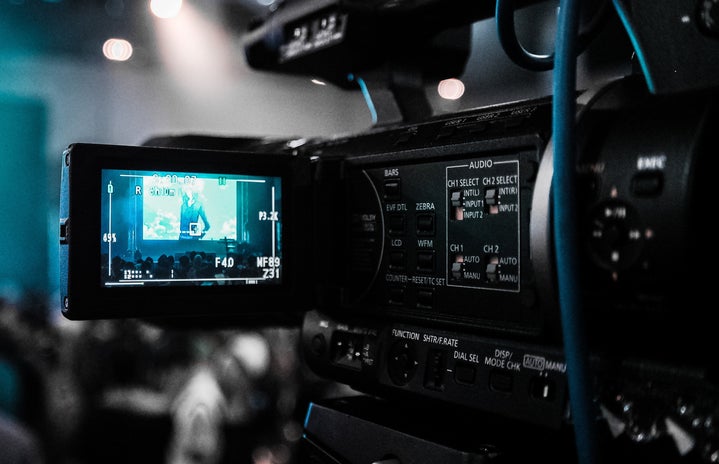Kiaira Wheeler
The term “Black reality TV show” is frequently used to refer to a reality television program in which most of the principal characters or cast members are Black or African American. These programs frequently focus on the relationships, experiences, and daily lives of African Americans or their communities. The programming may cover a variety of subjects, including dating and love programs, competitive series, familial relationships, commercial initiatives, and societal concerns. In this context, the adjective “Black” is significant because it emphasizes that the program focuses on Black perspectives, cultures, and experiences.
The Guardian created an article called “Aspirational – and Aggressive’: are black reality shows peddling a problematic narrative?” which discusses how reality TV is a guilty pleasure in so many ways for people. People are intrigued by watching shows that have drama, raunchy, and violent behavior.
Writer Yomi Adegoke spoke about her interest in watching these shows although in her opinion is not good content to have in the mainstream media. Adegoke expressed Love & Hip Hop, Black Inc Crew, and Bad Girls Club are her favorite shows although they show a lot of conflict.
Adegoke pinpoints that most Black reality TV series magnify bad stereotypes of the Black community. These shows present toxic relationships, absent parents, family drama, being financially irresponsible, and many more. These shows have led the Black community to the hot seat and begin questioning by society if they act like this in real life. Even when the show has a reunion, its cast members show violent behavior rather than using dialogue and talking through the situation.
Yomi quotes “My worry isn’t about the existence of these shows – rather, the lack of diverse programming that counters their unrelenting narrative. Already battling stereotypes of aggression and greed, it is difficult to absentmindedly enjoy them without a nagging worry about the wider implications of their popularity.” It indicates how we are creating an opportunity for the community, but we still need to take the initiative of how we act on camera.
In this present day, we’re still battling racism and stereotypes and it is difficult how society creates a narrative and builds an argument about how Black people behave. Even if we separate ourselves from the narrative, people in society are still going to judge us no matter what.
The Bay State Banner published an article called “How are Reality TV Shows Affecting Society’s Perception of Black Women?” It states how Black women are not being properly represented in films and other media productions. It makes it difficult for black women to not be overly stereotyped within these reality shows, although Black women have had a big highlight in American households for so many years. Some shows primarily focus on Black women: for instance, there are The Real Housewives of Atlanta, Thicker Than Water, Married to Medicine, and many more.
Writer Yesha Callahan quotes “Black women on reality television are not necessarily monolithic. There are accomplished career women, stay-at-home mothers, musicians who’ve had varying levels of commercial success, and even actors (who were actors before joining reality show casts). The depictions of Black women, on the other hand, are narrow and seem to revolve around the same themes including conflict with other Black women, dealing with cheating and disrespectful Black men, and that’s pretty much it. We see Black women throw drinks in each other’s faces, jump on the table, shake the table, and pretend to be held back ‘less they shall surely spend the night in jail.’’
This shows how some Black women have a different purpose for being on television. Some Black women want to network and build a connection with people who can help them and their families. However, some Black women get involved in drama and conflict, make a scene, and want to prove themselves that they are unstoppable and that no one can control them.
From what I perceive, audiences are inclined towards dramatic and suspenseful television programs. The increased accessibility of these programs due to the efforts of the conventional media has led to higher ratings. Notwithstanding this, these programs have made significant progress within a brief period of time.
Despite this, these programs generate concerns regarding the portrayal and perception of the Black community. Although these Black reality stars amass substantial financial success, their public personas on these programs foster pessimistic perceptions and stereotypes of the Black community. It has led the audience to believe that Black people lack self-control and that their every action elicits a negative response.



